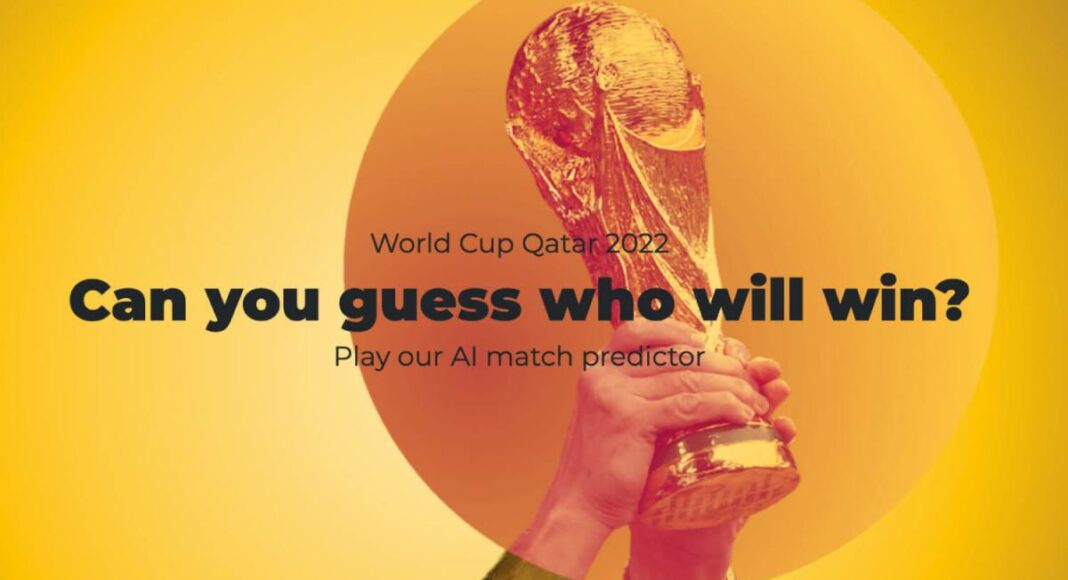Al Jazeera’s AI robot has crunched the numbers and processed predictions for today’s four fixtures.
Some humans would say a football match is impossible to predict with any great certainty, but Kashef, our Artificial Intelligence (AI) predictor, would disagree.
Kashef has been playing with historical data and performance to predict the results of each game all the way to the final.
Here are Kashef’s predictions for today’s matches:
Who: Argentina vs Saudi Arabia, Group CWhere: Lusail StadiumWhen: Tuesday, November 22: 1pm (10:00GMT)
No surprise that Kashef is backing Lionel Messi and his team to beat the Green Falcons in today’s first fixture.
Read our match preview here.
Who: Denmark vs Tunisia, Group DWhere: Education City StadiumWhen: Tuesday, November 22: 4pm (13:00 GMT)
Kashef is siding with the Danish Dynamite on this one. However, Tunisia still stands an almost 50 percent chance of picking up at least a point.
Read our match preview here.
Who: Mexico vs Poland, Group CWhere: Stadium 974When: Tuesday, November 22: 7pm (16:00 GMT)
Kashef believes Robert Lewandowski and his team have more chance of getting a draw than a win against a strong Mexico side.
Read our match preview here.
Who: France vs Australia, Group DWhere: Al Janoub StadiumWhen: Tuesday, November 22: 10pm (19:00 GMT)
Kashef is backing the reigning world champions to win their first match against the Socceroos. France beat Australia 2-1 at the World Cup 2018. Unfortunately, Kashef had not been born then, but he assures us he would have easily predicted a France win.
Read our match preview here.
How does our AI match predictor work?
Al Jazeera collected more than 200 metrics measuring the performance history of the 32 teams competing at this year’s World Cup.
These include the number of wins, goals scored, FIFA rankings and more, from the matches played more than the past century, totalling more than 100,000 records.
We ran these through Google Cloud’s Vertex AI, which produces state-of-the-art models – adopting Google Brain – that use Efficient Neural Architecture Search (ENAS) to find the best prediction model. The data pipeline is built with GCP-BigQuery.
After every match, the model will be rerun to predict the outcome of the next game all the way through to the final.
Predicting match results is not easy. External factors like team morale or player fitness make a big difference in how the game goes.
Based on our simulations for the 2014 and 2018 World Cup tournaments, Kashef is about 71 percent accurate, with an area under the curve (AUC) of some 67 percent.



